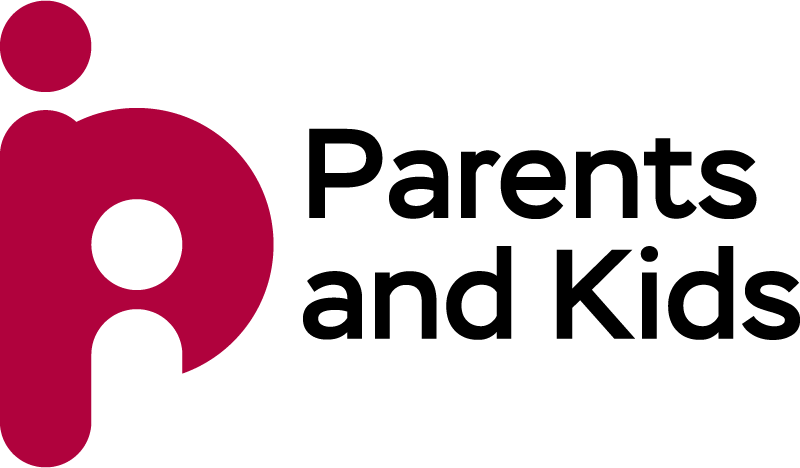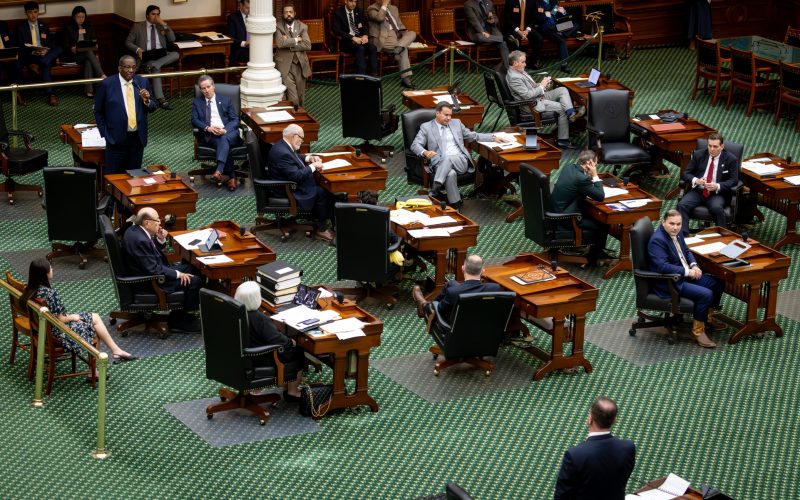Days after Gov. Greg Abbott declared it an emergency item for the current legislative session, the Texas Senate approved a measure Wednesday that would create a voucher-like program where public monies could be used towards private schools.
Less than a week has passed since the Texas Senate Education Committee swiftly advanced Senate Bill 2. Now, SB 2 will be considered by the Texas House.
Speaking on the Senate floor Wednesday afternoon, bill sponsor Sen. Brandon Creighton (R-Conroe) stated that Texas “deserves to have the biggest launch” of any school choice program in the country. SB 2 might cost the state $1 billion to implement if it were to become law.
Through the creation of Education Savings Accounts, or ESAs, the bill would give Texas parents $10,000 in state funding per student to help cover the expense of private education. Additionally, the bill adds $1,500 for children with disabilities.
The bill has already been discussed in Texas. During the ordinary session and subsequent special sessions in 2023, the Texas House’s rural Republicans and Democrats repeatedly opposed the proposal.
Lawmakers weigh in on their hopes for and concerns about the plan
These programs’ detractors contend that they undermine state educational systems and take much-needed funding away from public education.
Prior to Wednesday’s debate, Sen. Creighton made sure to address these issues in his opening remarks.
“This program is funded from the surplus it does not come from public education dollars,” stated Creighton.
He went on to say that he believes the Act is largely benefiting Texas students, but that some people accuse it of utilizing government monies to subsidize private schools.
“Let’s get this done for who this plan actually serves, students in Texas that need help the most,” Creighton stated.
In 2027, an estimated 24,500 students would transfer from public to private schools, according to the Texas Education Agency. However, according to Creighton’s data from the Texas Private School Accreditation Commission, there will be 74,000 seats available for private education.
Sen. Royce West, a Democrat from Dallas, expressed his concern to the chamber that the bill would result in giving preference to white kids, a reference to the time when Southern states utilized vouchers to circumvent desegregation laws.
“We’ve got to make certain that a methodology is in place to assure that we are not propping up a system that will be segregated,” West stated.
That evaluation was contested by Creighton, who also stated that he thought the strategy allowed pupils to “not be trapped by zip code.”
That isn’t the same as giving minority families priority, though, according to West.
“It puts them in a lottery with everyone else,” stated West. “The priority should be going to kids in low-performing schools.”
What to watch for next on SB 2
Even though the bill passed the Senate without incident, it is uncertain if it will pass the Texas House, where it was killed multiple times in 2023, as quickly.
Dustin Burrows (R-Lubbock), the recently elected Speaker of the Texas House, tempered his support for Gov. Greg Abbott’s seven emergency issues, including school choice, over the weekend. In an X post, he stated that the interests of the House and the governor are “clearly largely aligned.”
Lt. Gov. Dan Patrick, Burrows’ Senate counterpart, has long backed the plan. Just one day after President Donald Trump signed an executive order instructing the Secretary of Education to give school choice programs top priority, Patrick recently joined him at a roundtable on school choice at the White House.
Since the 2023 legislative session, efforts have been underway to develop a voucher-like program for Texas. By launching a campaign against Republican members who voted against the plan during the last session, the governor has become its staunchest supporter.
During his State of the State address on Sunday, Governor Abbott restated his earlier views, stating that not everyone is a good fit for public schools.
“Parents are a child’s first teacher,” he stated. “Schools must work for parents, not the other way around.”
The Texas House, which has not yet submitted its own version of the bill, will now consider SB 2. Nonetheless, the same $1 billion was allocated to support a future ESA program in both chambers’ draft budgets that were submitted last month.






